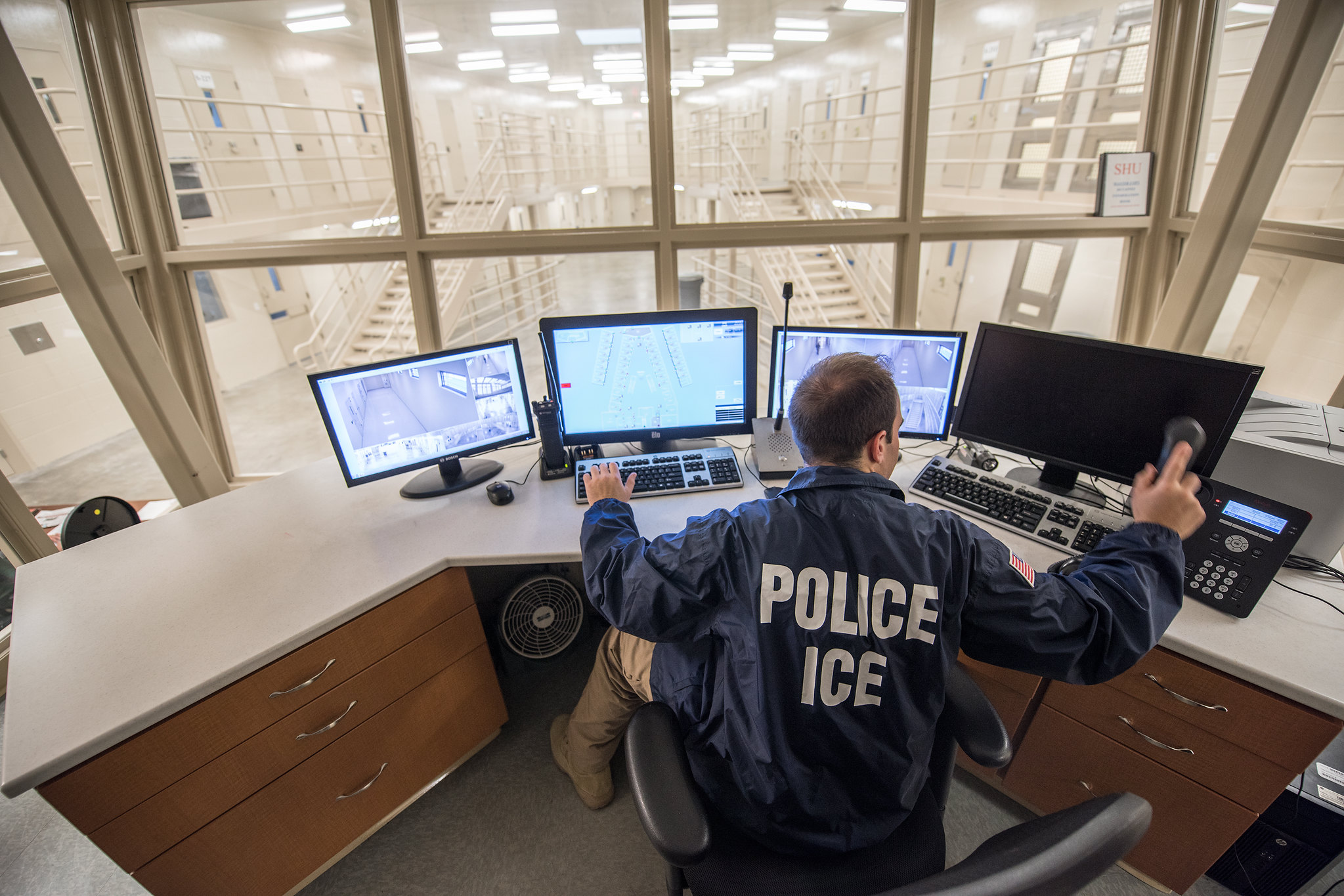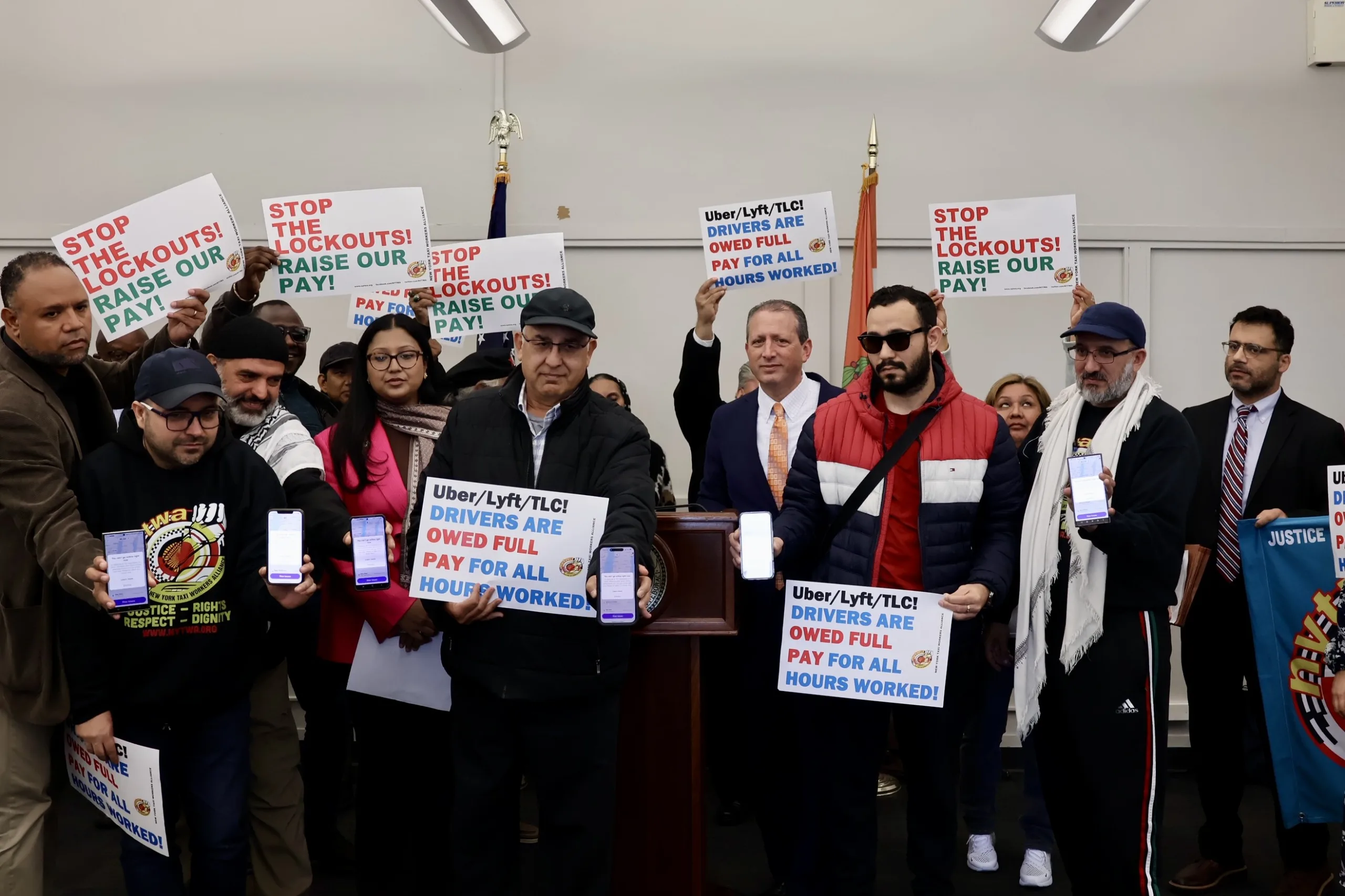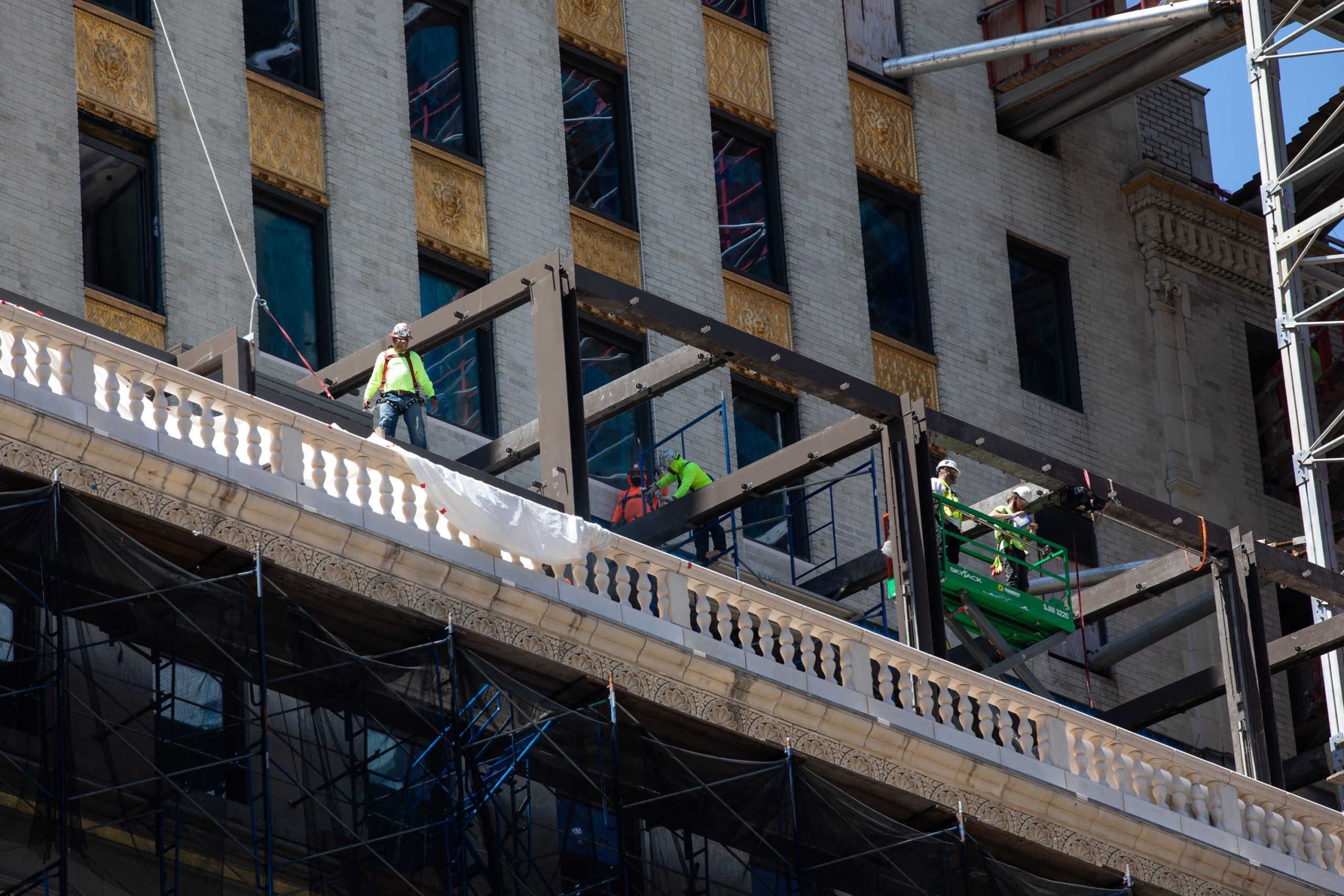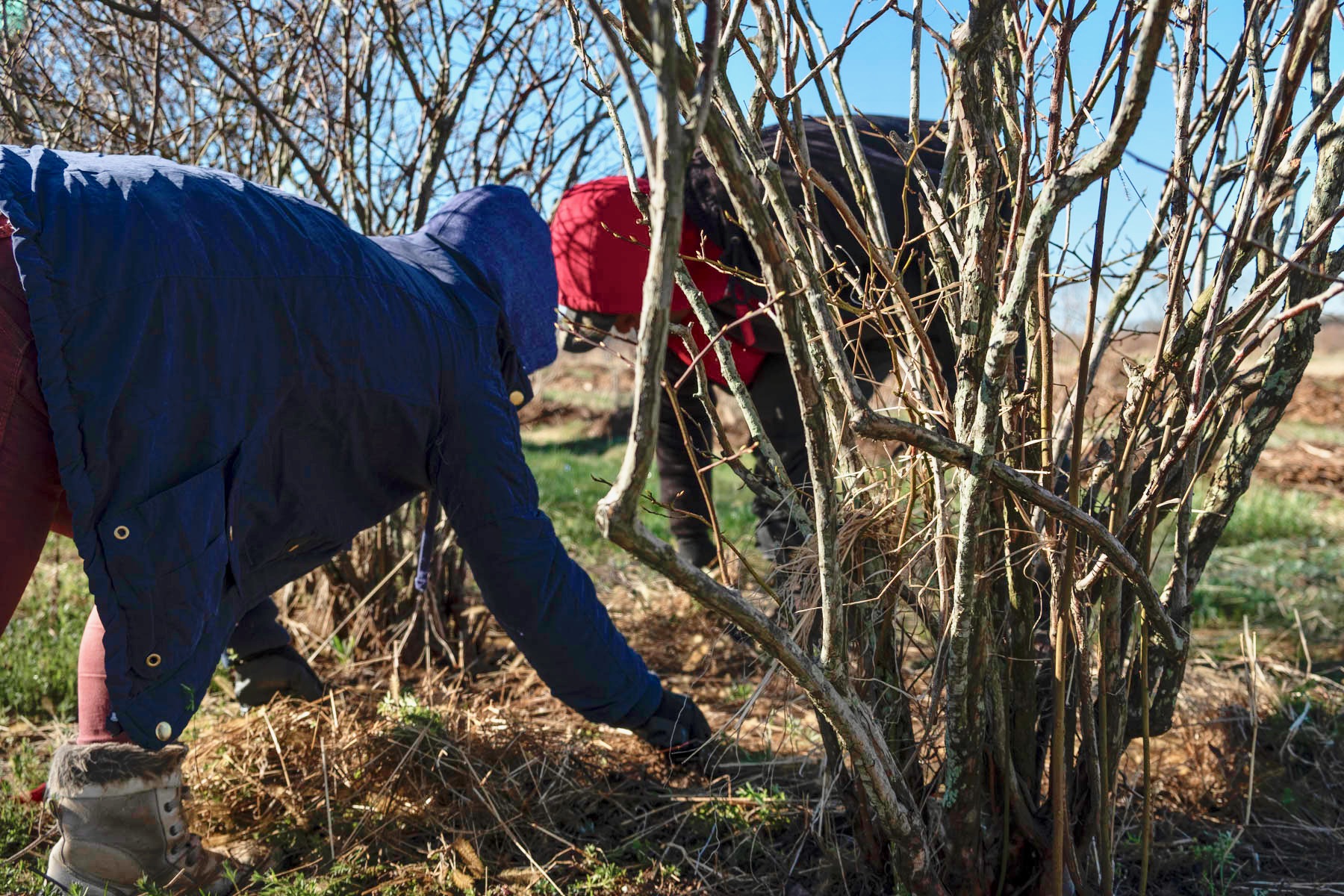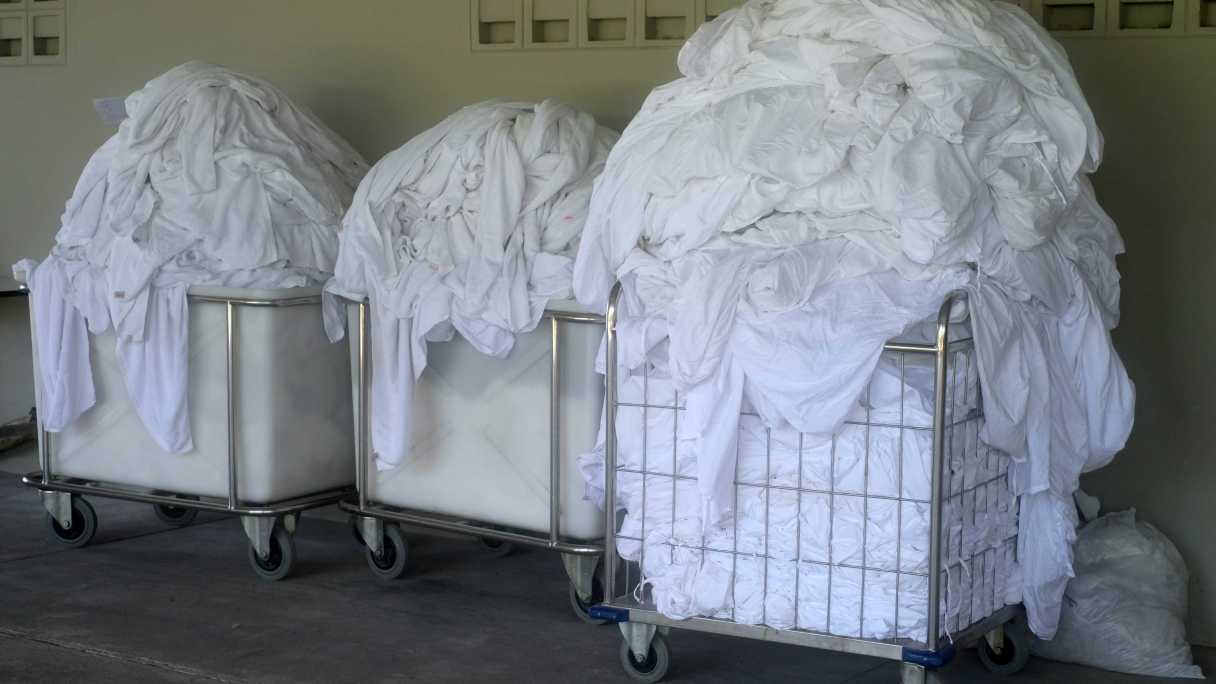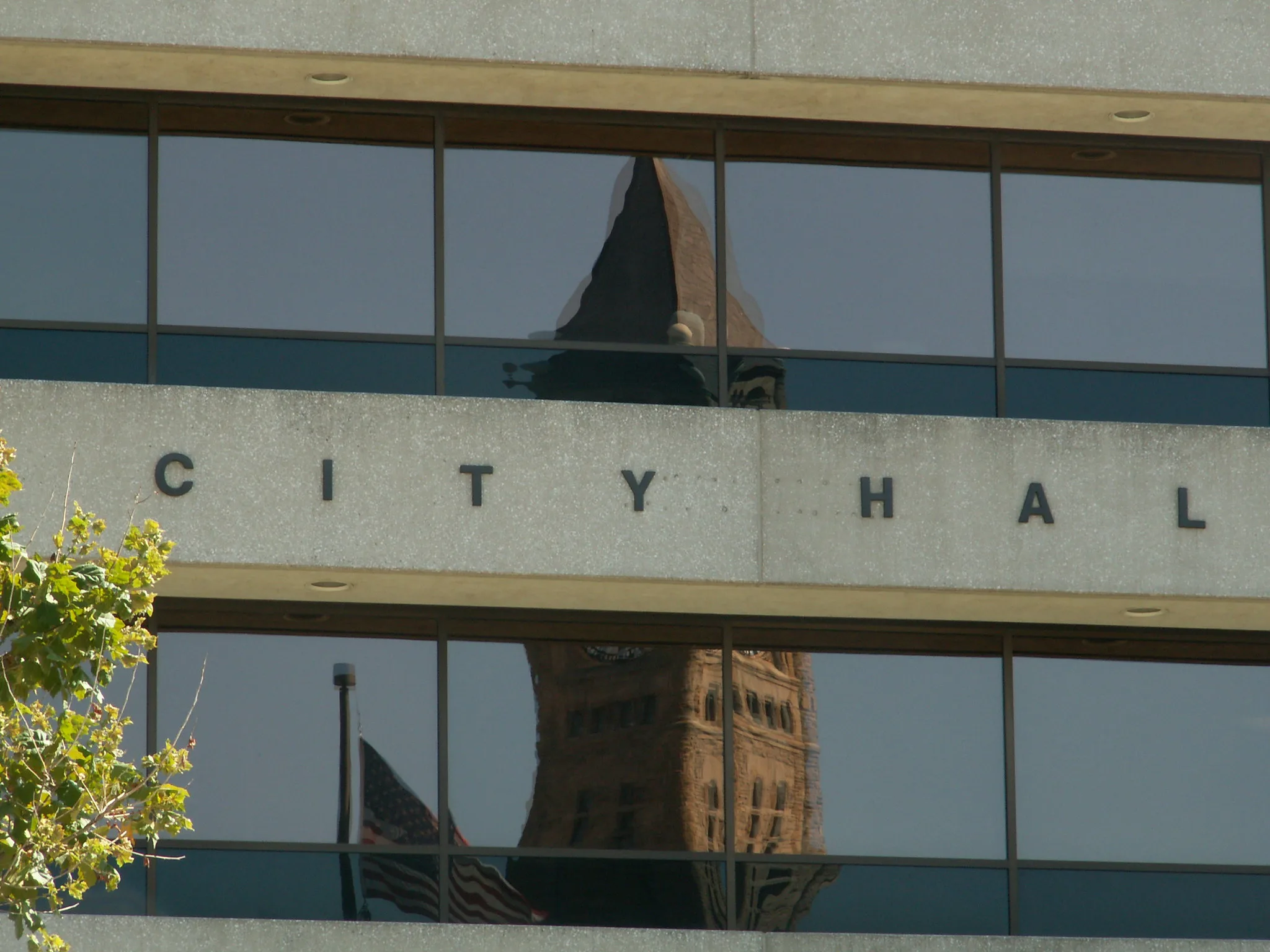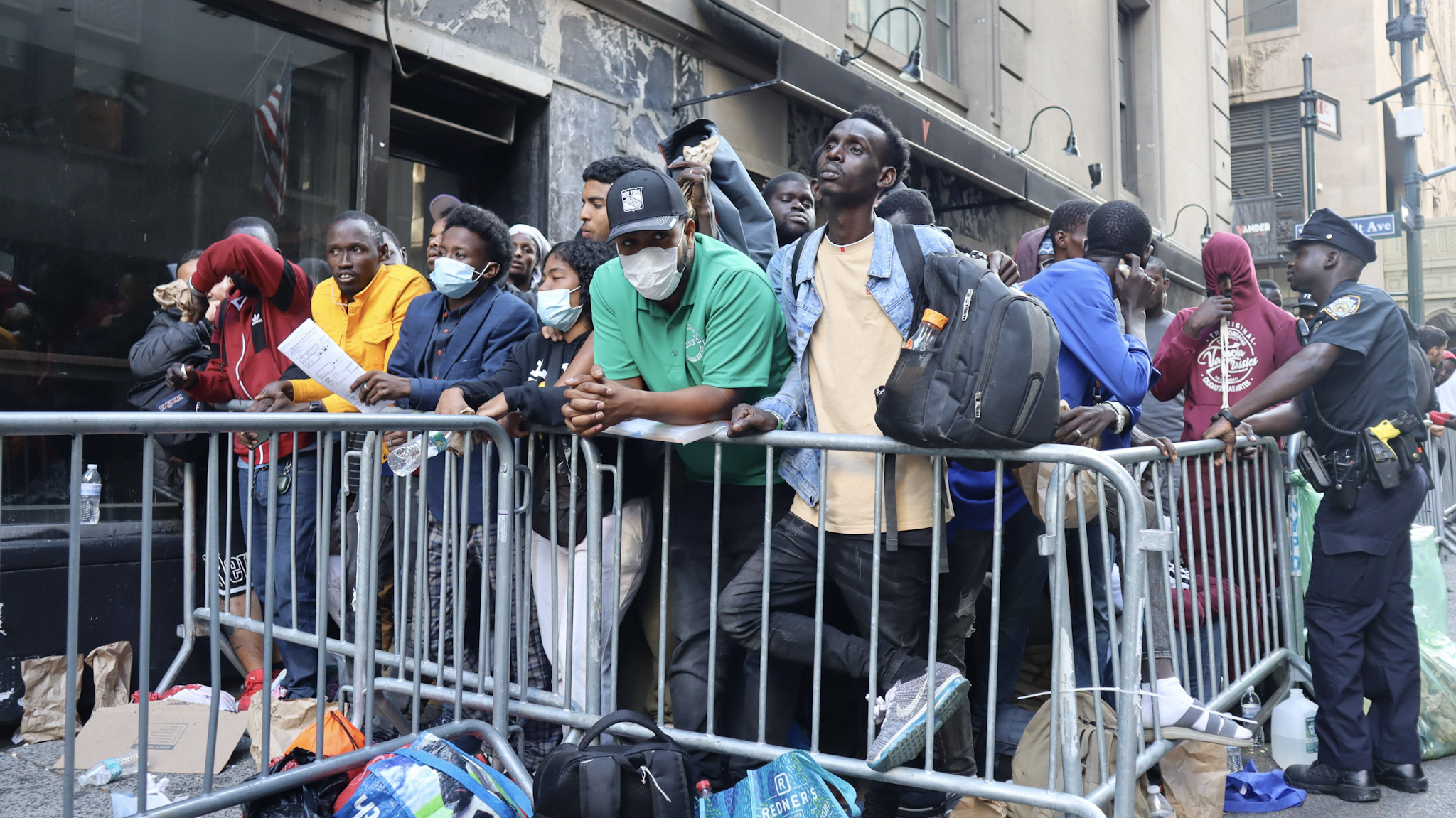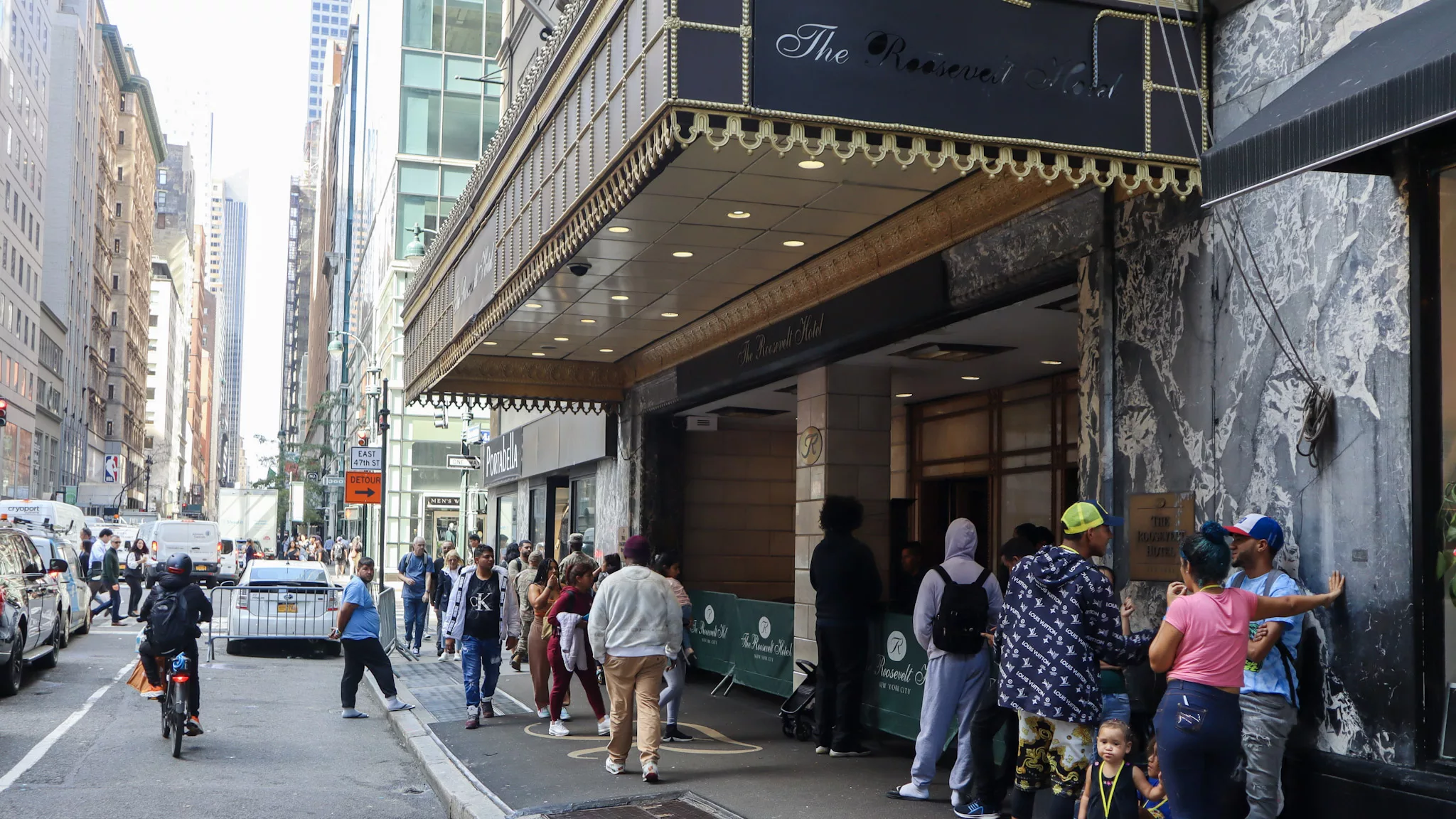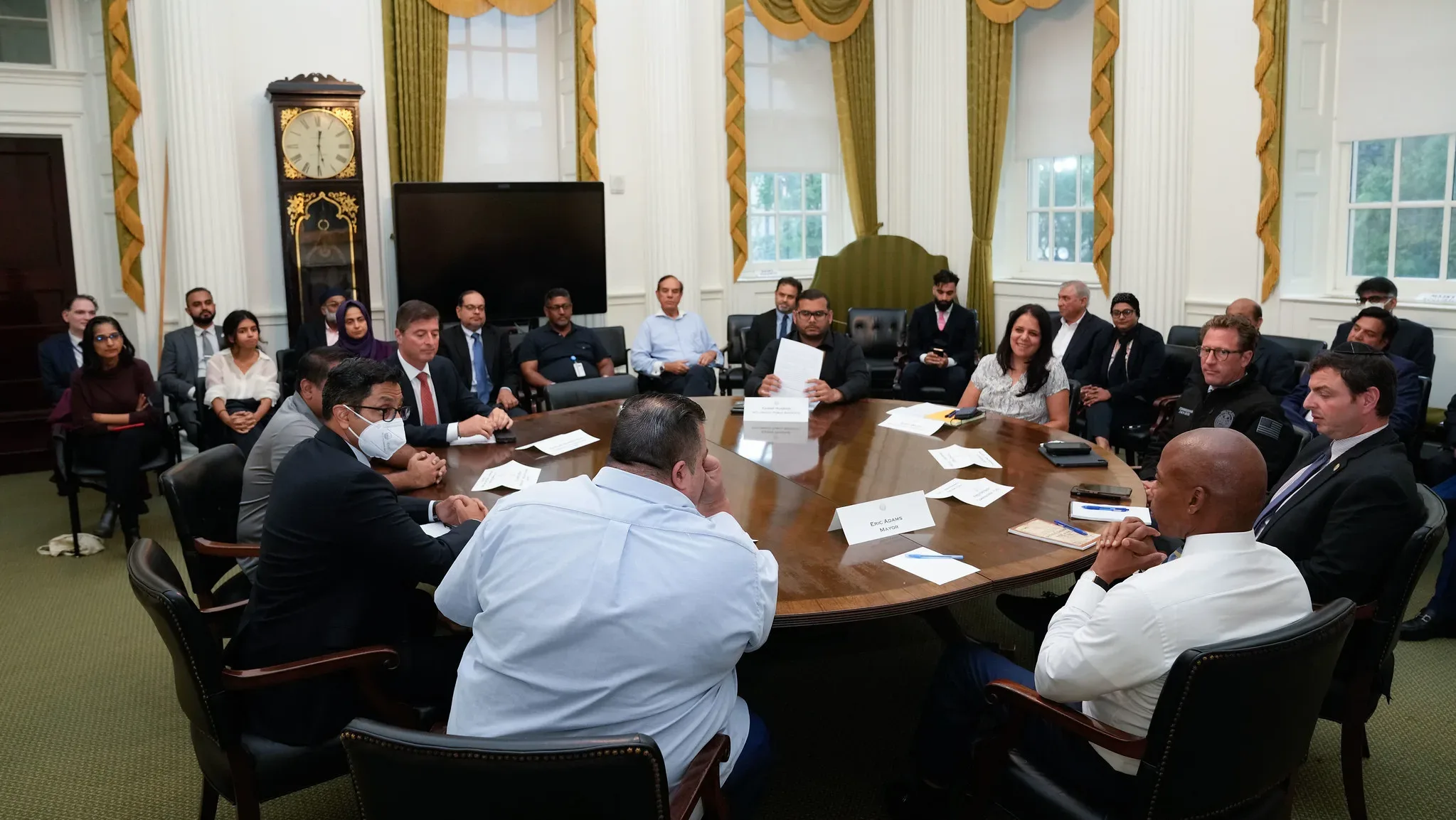The New York For All Act (S3076B/A2328B) focuses on shutting down a key part of the deportation pipeline by ending automatic transfers of people who’ve been arrested often for low level offenses into ICE custody and bars jails from telling ICE when a person is going to be released.
The legislation would also end the 287(g) agreement in New York’s Rensselaer County, and prohibit any future agreements anywhere else in New York State. (This agreement places local law enforcement officers under ICE’s supervision, allowing them to investigate civil immigration offenses and detain individuals for suspected immigration violations, the New York Civil Liberties Union says).
In addition, the New York For All Act prohibits public resources being used immigration enforcement purposes. The legislation would ensure that government employees can’t spend their time on duty assisting ICE, and would prevent personal information, such as immigration status, from being shared with immigration authorities.
In 2022, advocates have been optimistic that the bill would finally pass the Senate and Assembly, and in recent months public support for the bill has grown. In April, the New York City Council recently passed a resolution in support of the legislation.
If it doesn’t pass, the bill may not be able to pass until next year’s legislative session, said Nicole Catá, the Director of Immigrant Rights Policy at the New York Immigration Coalition.
“That’s a full half a year more, where we might see inaction on these issues–and we’re not prepared to expect that,” she said.
If the New York All Act were to pass, the state would be following the lead of states like California and Washington, which have both passed bills to prevent local law enforcement collusion with ICE. Next door to New York, New Jersey has a directive from its Attorney General that limits the extent to which law enforcement can collaborate with ICE.
“I would hope that New York lawmakers would see the example being set by our neighbors in New Jersey and act on both of these bills to make sure that we have strong statewide protections,” said Zachary Ahmad, a policy counsel at the NYCLU.
New York’s Protect Our Courts Act was passed in 2020 to prevent ICE from making arrests at courthouses. Some local law enforcement agencies have also made internal policies governing their officers’ dealings with ICE.
Still, there is no uniform rule for how local law enforcement or other government entities can engage in immigration enforcement. And so informal collusion persists, such as when local law enforcement tell ICE officials about immigrants’ arrests for other violations or their releases from prison.
Manhattan District Attorney Alvin Bragg also expressed support for the legislation in an op-ed published in AMNY on Tuesday, co-written with Murad Awawdeh, the Executive Director of the New York Immigration Coalition.
“Public safety is a shared responsibility and a shared benefit when community and law enforcement trust each other enough to work together,” they wrote. “It’s time to make it clear, in every corner of our state, that every New Yorker has the right to feel safe reaching out to law enforcement for help, regardless of their immigration status.”
The bill is sponsored by State Senator Julia Salazar, a Brooklyn Democrat, and Assembly Member Karines Reyes, a Bronx Democrat. The bill is currently in the Senate Codes Committee, and in the Assembly Ways And Means Committee.
“The NY for All Act is a matter of the urgent need to protect immigrant New Yorkers,” Sen. Salazar said in a recent statement. “In the state legislature, we must respond to the calls of our colleagues and constituents across the state by passing the New York for All Act this year. Let’s take this action to ensure that ICE can’t weaponize local law enforcement, and to enable immigrant New Yorkers to engage with government services without fear.”
